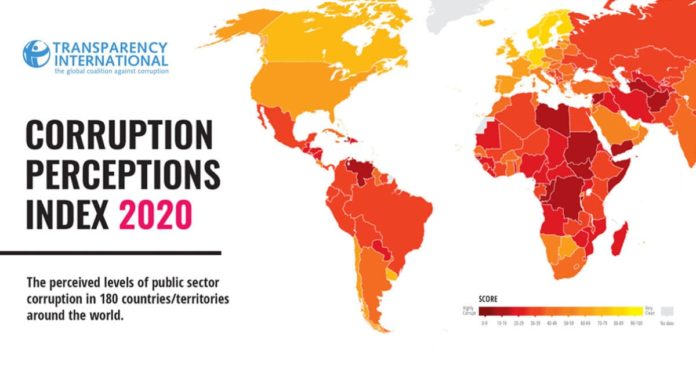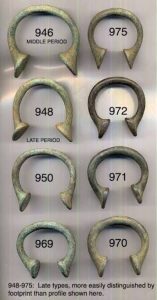The Federal Government has said Nigeria’s low rating in the 2020 Transparency International Corruption Perception Index (TI-CPI) does not truly reflect the great strides by the country in its fight against corruption.
In a statement issued in Abuja on Sunday, the Minister of Information and Culture, Alhaji Lai Mohammed, assured that the country’s anti-corruption agenda, which has placed great emphasis on corruption prevention measures and the building of integrity systems, remains on course.
The Minister said the implementation of the various reforms, especially in the Ease of Doing Business, is expected to yield positive outcomes in the country’s corruption perception and other relevant assessments in the next 12 to 24 months.
”For instance, following the release of the 2019 TI-Corruption Perception Index, the government initiated reforms to improve on Nigeria’s Ease of Doing Business indices. This is because we found that up to 40% of the country’s corruption perception survey indices relates to business processes and general public service delivery processes. Government’s swift action has led to major reforms in the processes at our ports and business process points,” he said.
Alhaji Mohammed said in addition to placing more emphasis on corruption prevention measures and building of integrity systems, high profile corruption cases are currently under investigation and prosecution.
He said the emphasis on preventive mechanisms is in response to various local and international reviews and evaluation that Nigeria has gone through, including those from the United Nations Convention Against Corruption (UNCAC) and even from the TI-CPI
”In response to these evaluations, a number of significant policies have been instituted to enhance transparency and accountability, and prevent corruption. Even in the middle of the COVID-19 pandemic, a number of key transparency and accountability policies were developed and are currently being implemented,” the Minister said.
He listed such policies as including the launch, by the ICPC, of the National Ethics Policy which addresses integrity issues on all sectors of the polity and is directly linked to a key pillar of the National Anti-Corruption Strategy (NACS), which is Ethical Reorientation; efforts by the Code of Conduct Bureau (CCB) to energize the Code of
Conduct for Public Officers (CCPO) and the launch of the Nigerian Port Process Manual (NPPM), which is ultimately aimed at sustaining the country’s improvement in the Ease of Doing business.
”While we expect the results from these reforms to speak for us in due course, we are also taking measures to improve our data collection and retrieval on these issues to reduce the current under-reporting of our ongoing corruption reduction measures,” Alhaji Mohammed said.
He said having analyzed the 2020 TI-CPI rating for Nigeria, the Federal Government is interrogating a number of issues and discrepancies that have been observed in the rating process, including some data sources in which Nigeria’s scores have remained flat over the past 10 years, reflecting no improvement, decline or fluctuation.
”This is very improbable given the nature of behaviour of variables, which are normally influenced by a variety of factors (which is the reason they are called ‘variables’). In this case, the corruption scores would have been affected by changes in the size and structure of the public sector over the past 10 years, changes in policies and personnel and systems over the period including, for instance, process automation, etc. There is therefore a need to verify that there is no transposition of figures from year to year due to absence of current
data,” the Minister said
Also, he said, different assessments on the same indicators (for instance corruption in the bureaucracy) by different rating institutions have generated different scores and different rankings across the ranking agencies
”There is a need to understand why these variations occur, and consequently the robustness of the methodology and validity of data,” Alhaji Mohammed said, adding that there are missing assessments for Nigeria in the data entries where the country has performed well in previous CPI calculations, like the African Development Bank Country Policy and Institutional Assessment.
”There is a need to understand why scores for this assessment have not been recorded for Nigeria for the past two years, which has had the effect of reducing Nigeria’s cumulative score and ranking relative to countries with those scores included in their CPI for both years,” he said.
Segun Adeyemi


















